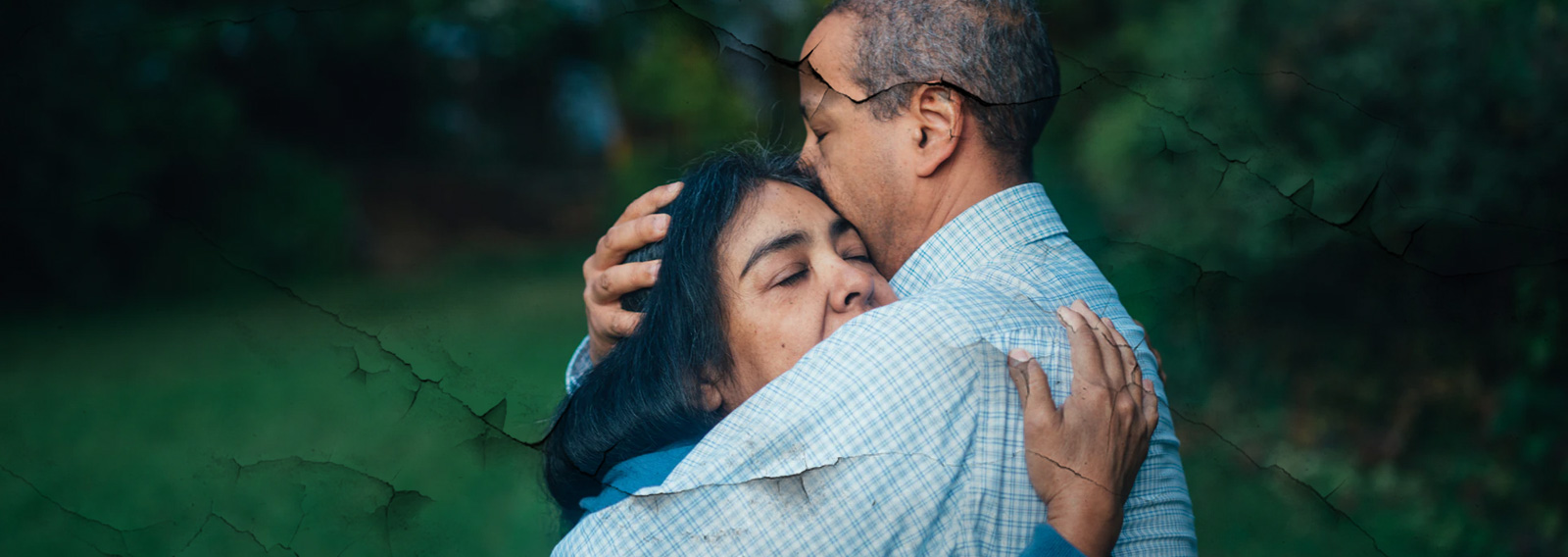Heavy-handed COVID restrictions, in conjunction with a reassignment of medical resources, has stalled Australia’s cancer research, which, according to Medical Republic, runs the risk of sending cancer research backwards.
Paul Mirabelle, chairman of the grants committee at Tour de Cure, told M.R that “cancer researchers around the country were struggling.”
The causes were the direct results of a lockdown fuelled funding freefall.
Mirabelle said, the potentially fatal halt in momentum was due in part to The Australian Government’s counter-lockdown COVID welfare program, JobKeeper, not being extended to include ‘university employees.’
This is despite, the Australian Government’s Cancer Australia grants programs, and extensive taxpayer-supported funding, including a recent commitment by the LNP, allocating “$100.4 million for improvements to cervical and breast cancer screening programs which will help detect these life-threatening cancers earlier, improving survival rates.”
Along with “$6.6 million for Breast Cancer Network Australia to operate its helpline, rural and regional information forums and extending its consumer representative training program.”
Other contributing factors cited by Mirabelle, were the “drop in income from the loss of international students,” and COVID restrictions affecting fundraising events.
Door to door, morning teas, researchers and patient trials have been scaled back in the interest of practitioner/patient safety.
The pandemic’s negative, and I believe, wide-ranging, long term, impacts on Cancer research aren’t isolated to Australian scientists.
Research organisations in the United Kingdom, Canada and the United States also report a significant drop in personnel and funding.
An article from May last year appearing in The Toronto Star claimed that ‘up to 15,000 medical research staff faced layoffs as they fell through the cracks of aid programs’ offered by the Canadian government.
The only researchers who qualified for aid were those working with, on, and because of COVID-19.
The Star pointed out: “Clinical and research trials that were unrelated to the coronavirus were suspended or cancelled by order of the [Canadian] federal government as the country went into lockdown in mid-March, including more than 600 cancer research trials.”
In the U.K., University of Oxford professor of cancer medicine, oncologist David Kerr called the pause in clinical cancer research, a ‘knee-jerk reaction,’ made worse by the uncertain nature of COVID-19 in the early days of the pandemic, and the transfer of “nurses and doctors from the research frontline to the clinical frontline.”
Kerr told the online medico news site, Medscape, that Cancer Research UK, one of the biggest cancer charities in the world, “has projected an annual loss of income of roughly 200 million pounds, down from 450 million. For the Canadian Cancer society, a drop of $100 million, and in America, a drop of $200 million.”
All of it, said Kerr, is because of lockdowns. The impact of which, “will be enormous and will echo forward for many years.”
The National Breast Cancer Foundation of Australia’s report card, while crediting the global partnerships of researchers singularly focused on battling the COVID-19 virus, also attributed the halt in cancer research to ‘working restrictions and lockdowns.’
NBCF’s snapshot asserted that “9 out of 10 respondents anticipate their research program will take over 12 months to recover from the impact of COVID-19.”
NBCF’s launches its annual ‘GOPINK’ campaign in June to back its goal for “Zero deaths from breast cancer in 2030.”
The silver lining, if there is one, is that the collaborative precedent set by the urgency of restraining COVID-19 sets the standard for a similar, singular focus on better treating, diagnosing, and eliminating the cancer pandemic that kills more people each year than COVID-19 ever has.
The downside to this silver lining is this: if cancer research can be halted, and risk being sent backwards, for a virus that’s become more about politics than healthcare, it can be halted for other political reasons.
This should concern all stakeholders.
Organisations are being increasingly pressured to become “WOKE” compliant, and that means surrendering to the far-Left’s ever-darkening rejection of binary facts and biological science.
Based on current trends, it’s not long until the LGBTQAAI+ “WOKE” lobby boycotts breast cancer research, appealing to their belief that using the colour “Pink” and the terms women and men, are “heteronormative oppression” that foster a “hateful and negative space” for those who identify as LGBT.
Ridiculously claiming, as perhaps they no doubt one day will, that organisations like the National Breast Cancer Foundation are reinforcing “harmful” gender stereotypes.
Not kowtowing to the new cultural norms, and using gender-neutral language, or gender-neutral colours, imposed and approved by the radical left, the NBCF will face accusations from its fanatical adherents that they want “LGBT people to die.”
All of this will resemble the overzealous bureaucrats wielding the lockdown sword, who suffocated essential services like cancer treatment, patient care, and research, without giving much thought to the long-term consequences.
In this sense, the diagnosis doesn’t look good.
Unless there’s a stop to the funding freefall, and lockdowns that are negatively impacting cancer research, it could be that the numbers of deaths from, and with covid will be outnumbered in the long run by treatable non-COVID related diseases.
Largely because these essential services were ignored by politicians whose reckless decisions were backed by big tech censorship, healthcare providers with time on their hands to choreograph dances for TikTok, and a lust for the political capital that COVID cult fanaticism keeps on delivering.
In sum, lockdowns, through killing livelihoods, may very well end up killing more people than a deadly virus, that governments said justified such terrible totalitarian measures.





















